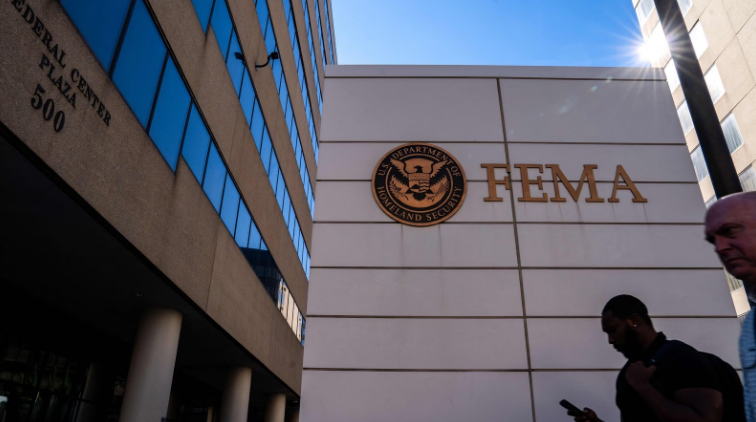Hurricane Helene tore through western North Carolina in October, leaving devastation in its wake—obliterated roads, displaced families, and entire communities struggling to recover. Yet as the months tick by, many North Carolinians are left wondering: where is the government? Where is FEMA? The answers are as murky as the floodwaters Helene left behind.
FEMA Disaster Preparedness Meeting:
"We should focus our efforts on LGBTQIA people… they struggled before the storm"
"FEMA relief is no longer about getting the greatest good for the greatest amount of people…. It's about disaster equity." pic.twitter.com/IqXeKI8OTT
— End Wokeness (@EndWokeness) October 7, 2024
Initially, FEMA stepped in, promising swift assistance and dismissing allegations of delays as baseless. However, cracks in this narrative quickly emerged. The most startling revelation came from Marn’i Washington, a former FEMA reservist disaster assistance crew leader. Fired after she admitted instructing her team to bypass homes with Trump signs, Washington didn’t go quietly. Speaking to Roland Martin on his show, she alleged that this avoidance wasn’t an isolated incident. Instead, it was indicative of broader systemic issues within FEMA, not only in Florida but also in the Carolinas.
A group of coal miners from West Virginia have finished building a road from Big Chimney in under a week.
A road that North Carolina Government Officials said would take several months to a year for them to do. #appalachianstrong pic.twitter.com/Y5E9BWbcAM
— Appalachian Liberty (@Liberty_Xtreme) October 26, 2024
According to Washington, FEMA leadership routinely downplayed or outright ignored concerns from field workers. Her justification for the alleged avoidance? "Team safety." Yet critics question whether prioritizing ideological considerations over immediate disaster relief aligns with FEMA’s mission. If true, such practices exacerbate an already sluggish and bureaucratic response.
Remember when a group of men from West Virginia worked 16 hour days to build the road back to Bat Cave North Carolina so people affected by Helene flooding could access their homes and supplies? Local government installed a gate to prevent access and some patriot has removed it… pic.twitter.com/DpSQQzR2F9
— Nashville Angela (@angelanashtn) November 19, 2024
The frustration doesn’t stop there. Residents are also grappling with delayed infrastructure repairs. Entire roads remain impassable, with some officials estimating it could take a year or more to rebuild. This timeline stands in stark contrast to the spirit of innovation and urgency seen in America’s past—such as the rapid construction of Liberty ships during World War II. Back then, entire vessels were built in under a week. So why is it taking over a year to repair a road? Coal miners from neighboring West Virginia took matters into their own hands, bypassing red tape to construct temporary routes for stranded communities. Unsurprisingly, their efforts were criticized by bureaucrats as “unsafe” and “not up to code.”
Remember when a group of men from West Virginia worked 16 hour days to build the road back to Bat Cave North Carolina so people affected by Helene flooding could access their homes and supplies? Local government installed a gate to prevent access and some patriot has removed it… pic.twitter.com/DpSQQzR2F9
— Nashville Angela (@angelanashtn) November 19, 2024
While FEMA employees host virtual meetings emphasizing DEI priorities, western North Carolinians remain homeless, waiting for tangible action as winter looms. Families without shelter face bitter cold, while relief units sit idle, tangled in government inertia.

